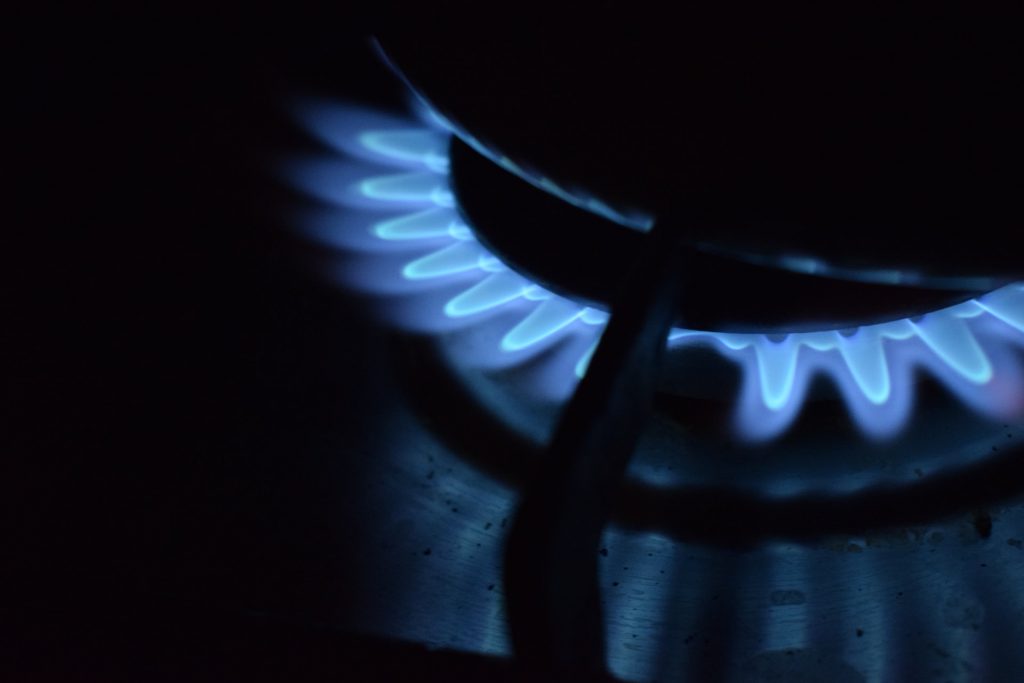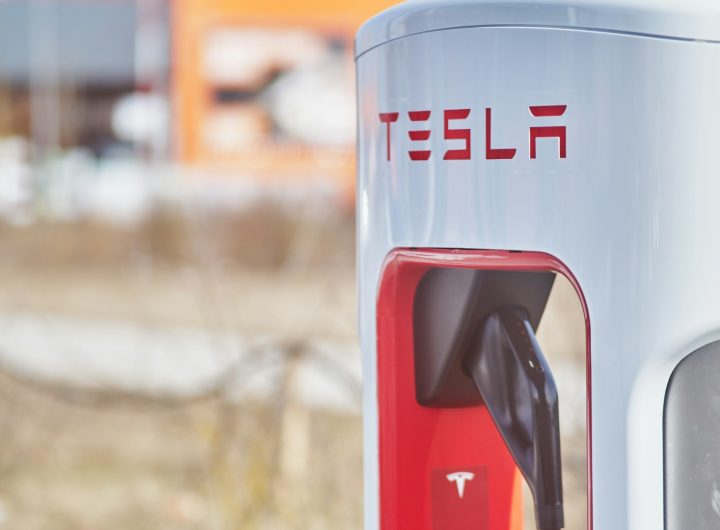
Citizens Advice has issued a concerning revelation that more than two million individuals will face disconnection from gas and electricity this winter due to financial constraints preventing them from topping up their prepayment meters. The charity expressed worry that this situation could become a recurring experience for many, citing findings that 1.7 million people experienced disconnection at least once a month in the previous year.
Last year, approximately 800,000 individuals endured more than 24 hours without gas and electricity because they couldn’t afford to top up, leaving them without the ability to prepare a hot meal or take a warm shower.
The charity’s apprehensions intensified following Ofgem’s announcement permitting EDF, Octopus, and Scottish Power to resume the enforced fitting of prepayment meters (PPMs). This decision came after a temporary ban due to a scandal surrounding the practice.
Citizens Advice anticipates this winter to be particularly challenging, as its latest research indicates that over five million people reside in households indebted to their energy suppliers. Such households are at risk of debt collection and may be compelled to switch to a prepayment meter.
The survey conducted by the charity revealed that one in four individuals struggle to afford essential bills, and one in ten households had to borrow money in the past six months to cover energy costs. Disturbingly, half of those indebted to their energy suppliers had to turn off heating in their homes. Additionally, almost three million people live in households where individuals have resorted to skipping meals, reducing food spending, or selling possessions to save money for topping up their meters.
Citizens Advice is calling for urgent reform of the warm home discount, which, according to the charity, has failed to keep pace with rising prices. They advocate for an increase in the discount and broader availability to various households.
As winter sets in, the charity emphasizes the critical need for comprehensive measures to address the growing crisis of energy affordability, ensuring that vulnerable individuals and families are not left without essential utilities during the colder months.
 Tesla’s European fortunes take a hit as Chinese rivals gain ground
Tesla’s European fortunes take a hit as Chinese rivals gain ground  AWS Receives Final Approval for €15.7 Billion Data Centre Expansion in Aragon
AWS Receives Final Approval for €15.7 Billion Data Centre Expansion in Aragon  Construction Begins on 2.5-Million-Kilometre Telescope to Detect Gravitational Waves
Construction Begins on 2.5-Million-Kilometre Telescope to Detect Gravitational Waves  Porsche’s Leipzig Plant Hit by Cuts Amid Ongoing Automotive Crisis
Porsche’s Leipzig Plant Hit by Cuts Amid Ongoing Automotive Crisis  Mercedes-Benz Expands eActros 600 Line-Up for Long-Haul Transport
Mercedes-Benz Expands eActros 600 Line-Up for Long-Haul Transport  UnitedHealth Shares Plunge Nearly 20%, Dragging Dow Jones Down by 700 Points
UnitedHealth Shares Plunge Nearly 20%, Dragging Dow Jones Down by 700 Points  iPhone’s yellow battery mystery solved as Apple mandates shift to iOS 26
iPhone’s yellow battery mystery solved as Apple mandates shift to iOS 26  Novo Nordisk Shares Plunge After Profit Warning: Mixed Reactions from Analysts
Novo Nordisk Shares Plunge After Profit Warning: Mixed Reactions from Analysts